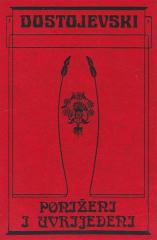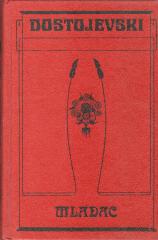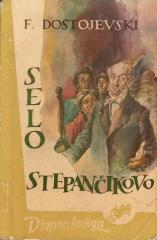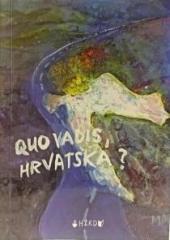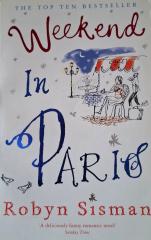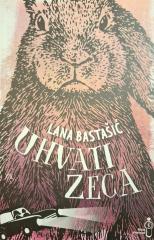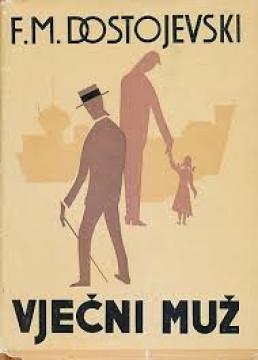
Vječni muž / Ujakov san
"The Eternal Husband" is a novel by Fyodor M. Dostoyevsky, first published in 1869. One of his smaller but significant works, in which Dostoevsky explores complex human emotions, such as jealousy, doubt, fear and passion.
The novel focuses on the characters of Viktor Pavlovich, the double protagonist, and his "eternal" rival Dmitri Karamazov (not to be confused with the famous Dostoyevsky Karamazov), and the story revolves around their mutual relationships, their love for the same woman, and the psychological depth of their characters.
Viktor Pavlović is a middle-aged, slightly clumsy, jealous husband and ex-lover, who is deeply hurt and obsessed with jealousy towards his wife Jelena, who, in Pavlović's eyes, cheated on him and left him for Dmitri. He tries to cope with his misfortune, but his obsession causes deep internal conflicts that gradually destroy his peace of mind.
Through the novel, Dostoevsky explores the themes of love, fear, patriarchal grief and doubt, posing complex moral dilemmas. Viktor Pavlovich is portrayed as the "eternal husband" because he can't seem to get over the past, while his rival Dmitry is a lively and impulsive character who doesn't think about the past.
After the Pavlovićs decide to say goodbye and renew their relationship with her, Pavlović gives up the fight.
No copies available
The last copy was sold recently.
